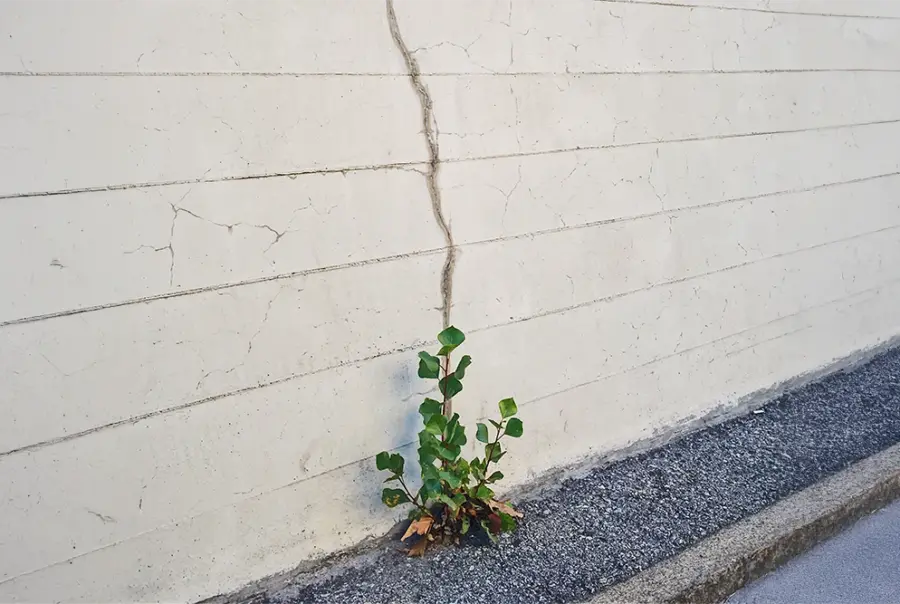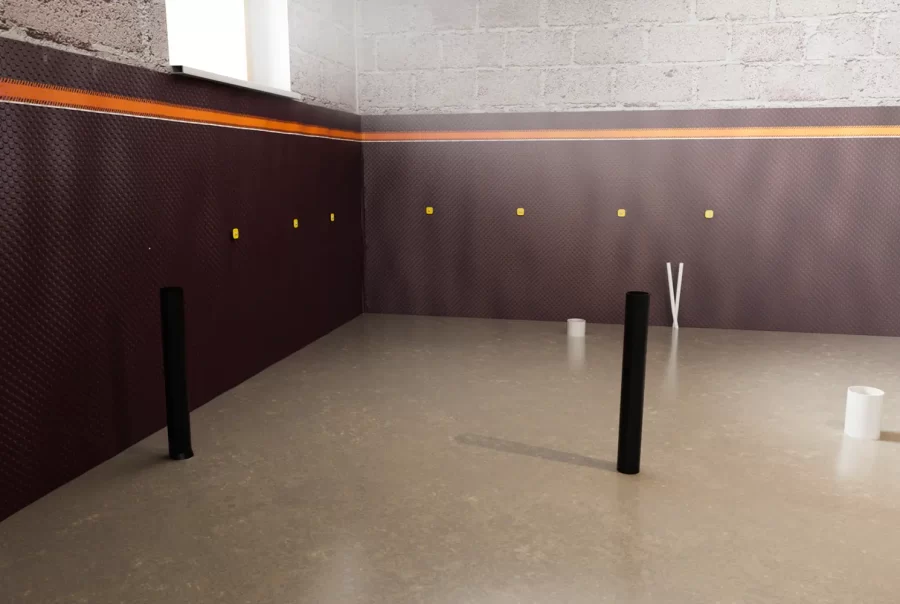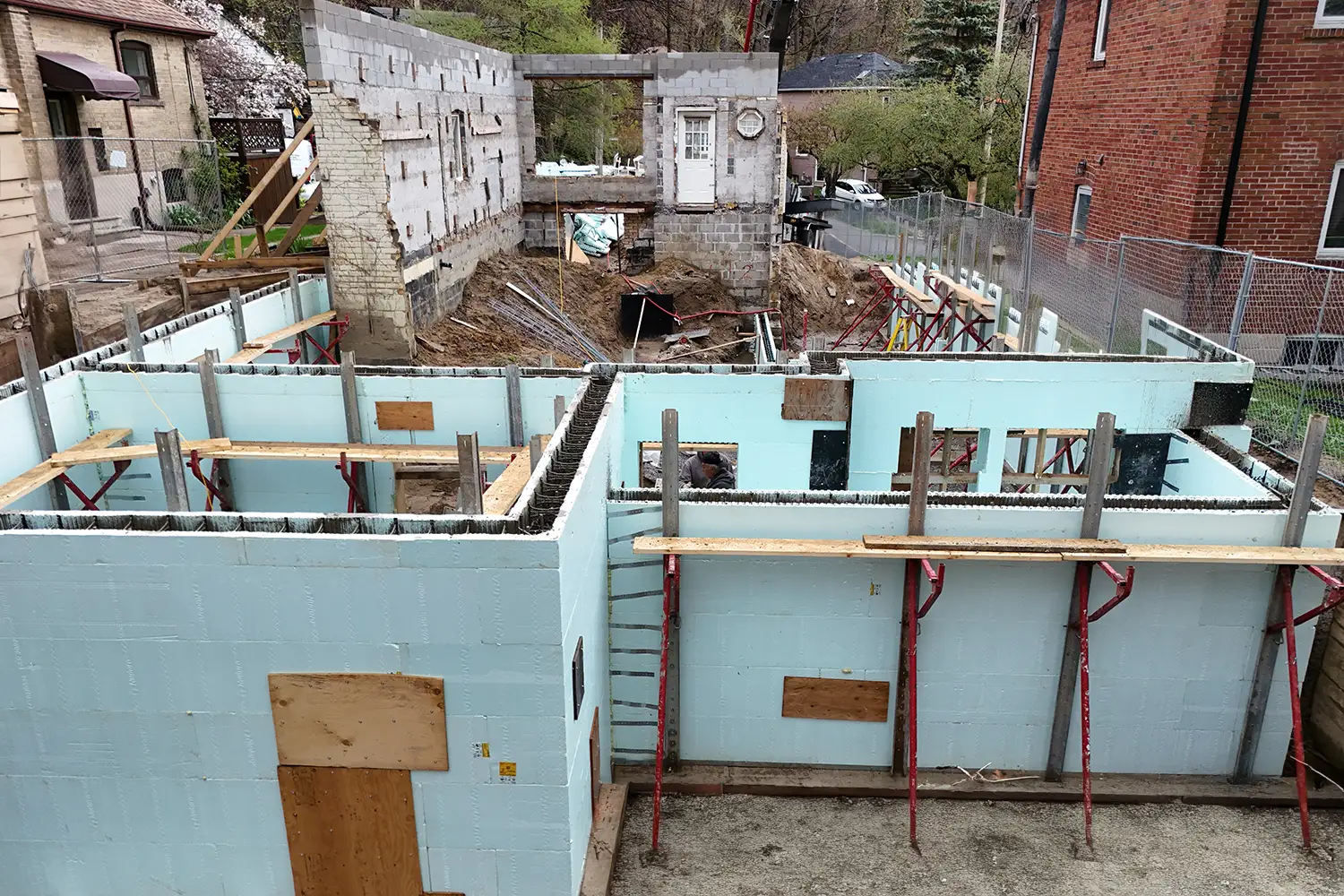A foundation wall, like a strong arm, holds the building, protecting it from moisture and soil shifts. However, over time, it can suffer damage due to natural factors or improper construction. It is important to understand the differences between types of walls and know how to avoid common issues. Why is this so important for your home? More on that below.
What is a Foundation Wall?
A foundation wall is the base of any structure. It is a vertical construction that transfers the load from the building to the soil. Most often, this structure confines the basement and supports the upper floors. The choice of materials and type of foundation wall depends on the construction features and soil variety.
Why Foundation Walls Are Essential for Your Home’s Stability
The role of the foundation wall is difficult to overestimate. It ensures the stability and protection of your building.
The main reasons why this part of the structure is so important are:
- Foundation walls evenly distribute the load onto the supports.
- They protect the building from moisture penetration and soil shifts.
- They reduce the likelihood of cracks in the load-bearing structures and exterior walls. This prevents the gradual deterioration of the building.
It is the foundation of the house’s longevity. Without these walls, no construction would be reliable.
Types of Foundation Walls
They come in different types, differing in material, shape, and purpose. The choice depends on the soil, construction conditions, and weight of the structure.
Basement Wall
This is one type of foundation wall. It performs a dual function: supporting the building and forming the boundaries of the basement. It is mostly made of concrete or stone. Such walls require quality waterproofing, especially in areas with a high water table. Improper installation can lead to cracks and structural deformation.
Stem Wall
This type is most commonly used in low-rise construction. The task of these walls is to transfer the load from the building to the ground. Its base consists of footings connected by horizontal beams. It requires additional reinforcement and checks for moisture resistance.
Pier Foundation
This type is used in areas with complex soil conditions. It consists of vertical footings that are embedded deep into the ground or even into water and transfer the building’s load to a more stable layer of soil. It is most commonly used for buildings on coastal or river shorelines.
Foundation Wall Thickness
The size of the foundation wall determines the strength and stability of the structure and depends on the loads it will need to bear.
If the building is made of brick, the foundation thickness should be 10 cm greater than the width of the wall. In more massive structures (e.g., buildings made of gas blocks), the thickness should be 50–60 cm, considering the width of the block and insulation.
Common Issues with Foundation Walls
Although the foundation is a very strong structure, it can still face many problems. Violations of construction technology, improper excavation, or weak waterproofing can lead to future damage and significant financial costs for repairs.
Cracks in Foundation Walls
There are many reasons why foundation cracks occur, and here are the main ones:
- lack of geological studies, leading to uneven soil settlement;
- technological errors (use of low-quality materials, improper reinforcement, etc.);
- a sudden increase in loads;
- weather conditions;
- deviations in the pouring technology, causing the concrete to set unevenly.
The appearance of cracks in the foundation wall is also influenced by neighboring buildings that share the foundation with yours. Therefore, pay attention to these factors, and your walls will remain strong for a long time.

Water Damage and Moisture Problems
Moisture problems can lead to serious consequences for the foundation wall. One of the most common causes of structural damage due to water is the lack of waterproofing or its damage. Compacting the soil and applying special coatings to the walls and floor can help solve this issue.
It is advisable to contact companies that specialize in waterproofing basement walls in Toronto. They will find effective solutions to protect your basement from deterioration.
Foundation Wall Settling
This is a key stage in construction. It ensures the stability and durability of the structure. The stages of constructing a concrete foundation wall are:
- Designing
- Excavation and soil preparation.
- Installing formwork.
- Pouring concrete.
- Erecting the walls.
Experienced underpinning contractors in Toronto will complete these complex, intricate tasks as quickly as possible while adhering to high-quality standards.
Pest and Mold Issues
The accumulation of moisture and poor ventilation can lead to the appearance of pests and mold. It is important to eliminate the root causes. These may include:
- cracks;
- dampness;
- lack of waterproofing.
It is advisable to regularly inspect the premises and address any issues at the early stages.
How to Maintain Foundation Walls
To maintain each foundation wall detail in good condition, the following recommendations should be followed:
- Regularly check the walls.
- Monitor the moisture level in the basement and perform waterproofing of basement walls from the inside.
- Use quality external waterproofing.

If serious defects are detected, it is advisable to perform professional foundation repair in Toronto. Quality restoration will protect the walls from deterioration.
When to Seek Professional Help
Some damage can be noticed with the naked eye, while others will only be detected by a specialist.
Professional help should be sought when:
- cracks appear on the foundation wall;
- the floor has sunk (or become uneven);
- there is flooding in the basement after rain;
- doors and windows start to stick;
- mold starts to appear on the walls;
- you begin to notice structural shifts.
The listed signs are a serious warning. In such cases, it is important to contact specialists. Ignoring these problems will lead to costly repairs in the future or even to the destruction of the building.
How Quality Age Build Can Support You
The company Quality Age Build offers comprehensive foundation restoration services in Toronto. They know how to eliminate cracks and moisture and correct settling.
Quality Age Build provides the following services:
- Repairs to the foundation wall.
- Strengthening the base to prevent settling.
- Performing external and internal basement waterproofing.
- Replacement or restoration of damaged beams.
Thanks to many years of experience and ongoing hands-on practice of the company’s workers, you will receive a fast, professional solution and a high-quality result. With the specialists from Quality Age Build, your foundation walls will stand firm for many years.

Conclusion
A stable structure is unimaginable without a foundation wall. And the key to its durability is proper construction, maintenance, and waterproofing. Conduct regular inspections and entrust maintenance to professionals. This way, you will avoid problems and extend the service life of your building.
Contact us
Quality Age Build Inc is at your service across the GTA. Request a quote today and ensure your property is in expert hands.
Related Services
Pair our expert guidance with our foundation services to establish a solid base for your build, ensuring durability and peace of mind.
FAQs
How does the choice of foundation wall type affect a building’s overall stability?
The type of foundation wall determines the level of stability and protection from moisture. Therefore, it is important to choose the structure responsibly to avoid repairs in the future.
What are the most common issues homeowners face with foundation walls?
These include cracks due to improper design and soil settlement. Failure to follow waterproofing rules leads to the appearance of mold.
How can cracks in foundation walls be prevented or repaired?
Perform regular maintenance on the foundation wall. Control moisture, check the condition of the concrete, and contact professionals if any problems are detected.

